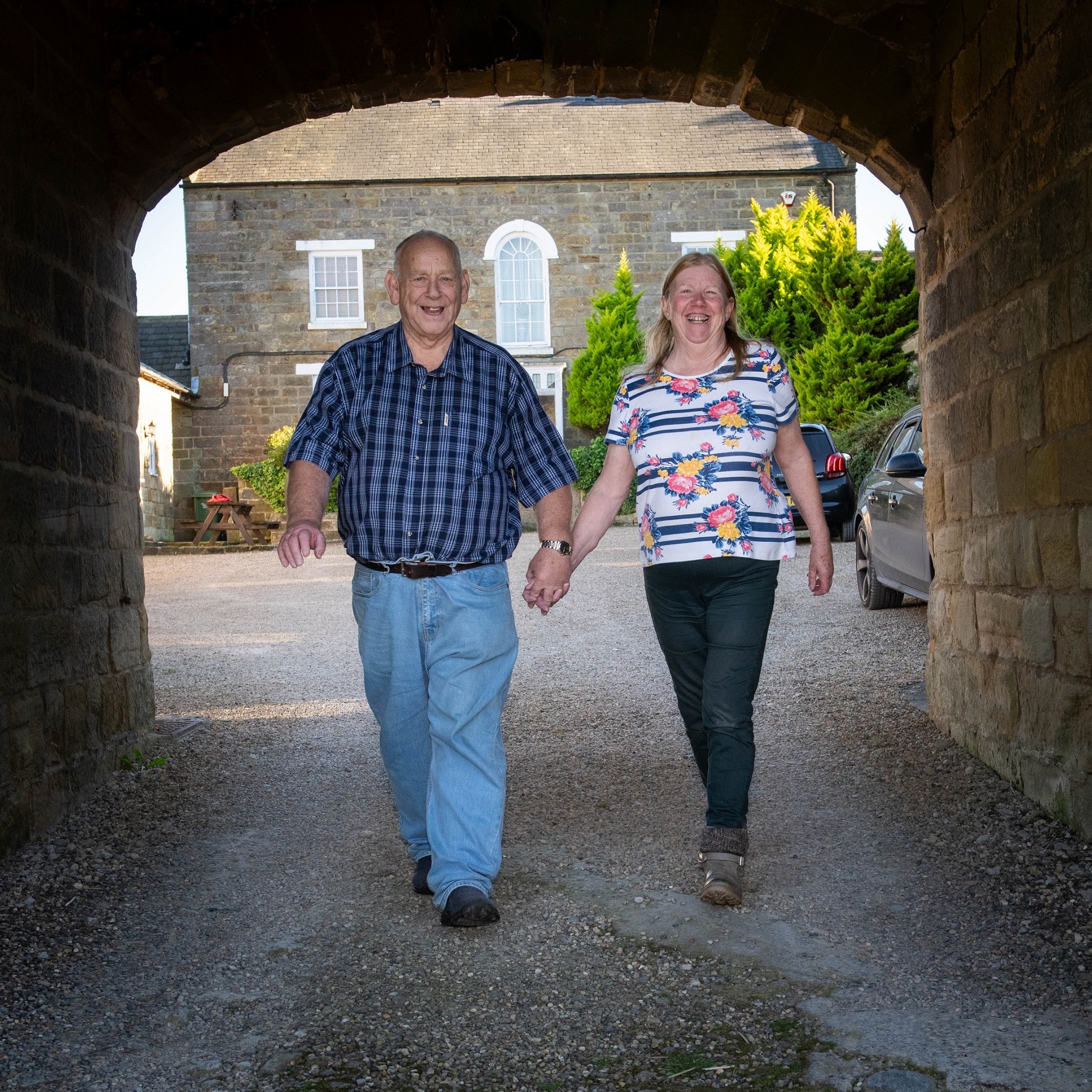
More than 200,000 households and businesses have benefited from one of the most ambitious broadband projects in the country which has seen in excess of £100 million invested in superfast internet connections during the past decade.
The fourth and final element of the pioneering Superfast North Yorkshire project has now come to an end, with the vast majority of properties in the county now on the superfast broadband network.
The project, which has been overseen by ourselves, has been instrumental in addressing the digital divide, with many rural communities previously unable to access superfast broadband connections that have been available in towns and cities.
The Government is now overseeing the national Project Gigabit programme, with £5 billion in funding for the roll-out of gigabit broadband to the hardest to reach premises in the country. This equates to about five million properties, mostly in rural areas.
While the mantle for introducing improved broadband connections has been passed on to the national programme, council leader, Cllr Carl Les, has pledged to petition the Government to ensure every household and business in the county has access to superfast internet.
Cllr Les, who is also a board member for the NYnet broadband company which is owned by the local authority and manages the programme, said: “The need to have access to superfast broadband is now part of everyday life for communities and businesses across the country.
“We have had particular issues in North Yorkshire, which is largely down to the vast rural areas in the county. The superfast broadband programme in North Yorkshire has been instrumental in providing far better connections for tens of thousands of people.
“It has given a strong foundation for attracting new enterprises as well as helping to ensure that rural communities can remain sustainable in the future.”
Among those who have benefited from the Superfast North Yorkshire initiative are Alan and June Bancroft, who have run Demesne Farm Holiday Cottages near Robin Hood’s Bay for the past 26 years.
The superfast broadband project saw their internet speeds increase from just half a megabit to up to 900 megabits after fibre connections were installed two years ago.
Mr Bancroft, aged 72, said: “This has helped our business so much, as having decent internet connections is vital in modern life.
“There were people who simply wouldn’t book with us when they found out that there wasn’t an adequate internet connection.
“Now our visitors can watch films while they are away and their children can play games online, and we are able to operate so much easier ourselves as so much of the business is via the internet.
“There is now a co-operative that is providing broadband services in the area and the improved internet connections have really transformed life for the local community as well, and it does feel like we have moved into the 21st century.”
The superfast broadband initiative in the county has been managed by NYnet, which has worked alongside Openreach and Quickline to introduce the improved broadband connections.
During the Superfast North Yorkshire project, more than £100 million has been invested from a combination of sources. Grants have been obtained from Building Digital UK which is part of the Department for Digital, Culture, Media and Sport, the European Regional Development Fund, the European Agricultural Fund for Rural Development operated by the Department for Environment, Food and Rural Affairs, and Openreach.
Openreach’s partnership manager for Yorkshire and the Humber, Matthew Lovegrove, said: “The success of the Superfast North Yorkshire partnership is a great achievement and testament to the team who have worked so hard for the past 12 years.
“Our own commercial build is currently building full fibre at pace across the county including Richmond, Skipton, Malton, Starbeck, Pickering, Selby, Scarborough and Harrogate with the services available to nearly half the premises in North Yorkshire. It’s part of our commitment to reach 25 million homes and businesses across the UK by December 2026.
“Even if you already have a decent enough service, it’s worth checking if you can upgrade, because full fibre is the future, and it provides the best broadband experience at great value for money.”
The chief executive officer of Quickline, Sean Royce, added: “Working in collaboration with North Yorkshire Council and specifically with NYnet has been key to helping us deliver a faster and more connected future for the region.
“Poor broadband connectivity is a real issue in parts of North Yorkshire, particularly in the deeply rural communities.
“The delivery of the Superfast North Yorkshire programme means thousands more homes and businesses, can now access much improved broadband speeds which will change their lives for the better.”
Online connectivity in rural parts of North Yorkshire has been lagging behind urban areas, hindering economic growth and leaving tens of thousands of businesses and households plunged into technology blackspots.
Research by the independent North Yorkshire Rural Commission, which was launched in the autumn of 2019 and published its report in 2021, revealed that a fifth of all rural areas in the county had no broadband connection, compared with seven per cent in urban areas.
Despite the launch of NYnet and a £85m investment by the council in broadband services, digital connectivity has remained a significant challenge.
However, the Superfast North Yorkshire project has been instrumental in helping to address the digital divide between urban and rural areas.
Full fibre broadband is up to 10 times faster than the average home broadband connection and around five times more reliable than the traditional copper-based network.
Research has shown that connecting everyone in the UK to full fibre broadband by 2025 could remove 300 million commuter trips, reducing carbon dioxide emissions by an estimated 360,000 tonnes each year. A fibre optic cable can send a signal over 120 miles without any significant loss of quality, while traditional copper cables can lose signal at just a mile.